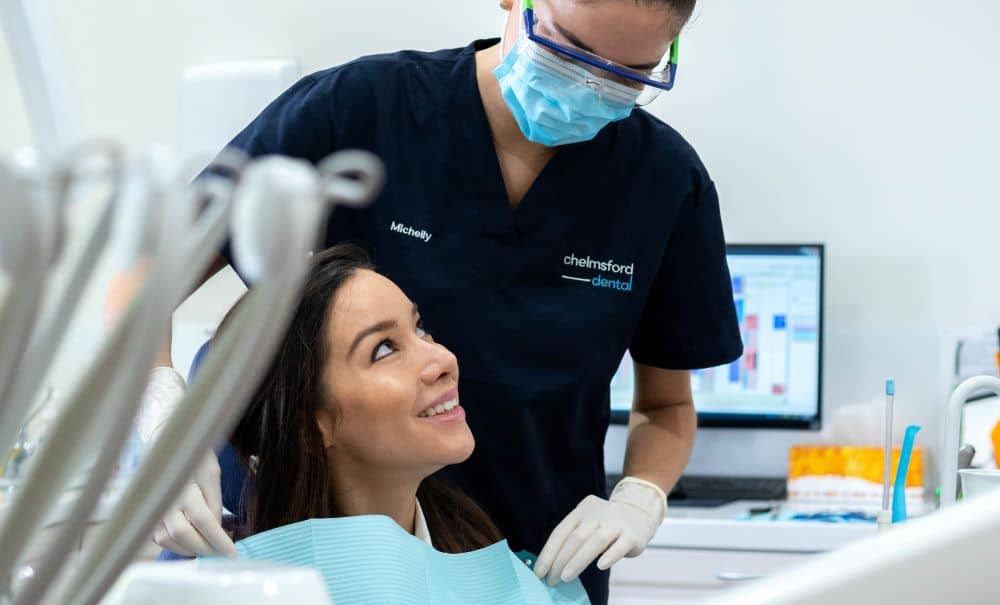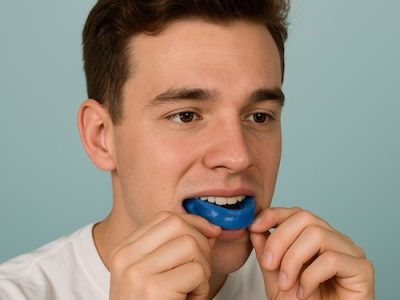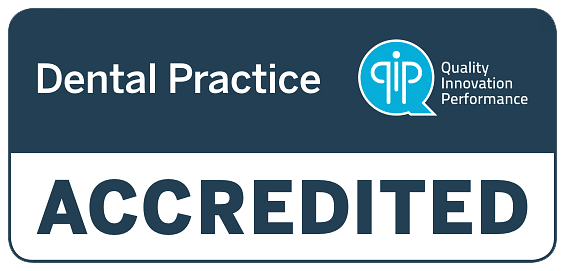Brushing and flossing every day are key aspects of maintaining good oral health. But the phrase, ‘you are what you eat’, also pertains to healthy teeth and gums.
In this post, we’ll look at the role of diet in maintaining good oral health, including how teeth and gums are affected by various foods and which vitamins and nutrients are vital to maintaining healthy and strong gums and teeth.
While visiting your trusted dentist or Perth dental clinic, you might have heard about the powerful connection between diet and oral health. In this article you will learn about how a balanced diet plays a pivotal role in preventing various dental issues.
1. The Role of Diet in Maintaining Good Oral Health
2. Strategies for Maintaining a Healthy Diet for Your Teeth
3. More Tips from Our Dentist for Maintaining Good Oral Health
4. Want to Keep Your Smile Bright and Your Teeth Strong?
The Role of Diet in Maintaining Good Oral Health
The Impact of Sugary and Acidic Foods and Drinks
Sugar is a significant cause of tooth decay. The glucose in sugary foods interacts with bacteria in the mouth, creating acids that erode and weaken tooth enamel and increasing your risk of tooth decay.
Consuming foods and drinks high in sugar and acidity can lead to tooth decay and erosion, which can cause cavities, sensitivity, and other dental problems.
Pay attention to your sugar intake and opt for whole, unprocessed foods as often as possible. When you do consume sugary foods or acidic drinks, it is particularly important to drink extra water and brush your teeth twice a day to ensure bacteria is removed from the mouth and residual acid is rinsed away.
Always read the nutrition label closely when grocery shopping, as added sugars hide in many unsuspecting foods, including pasta sauces, bread, and processed snacks.
To limit your sugar intake, try to avoid or limit your consumption of:
- Pastas
- Bread
- Cakes
- Cookies
- Taffy
- Candies
- Desserts
- Sweets
- Pastries
- Lollies
- Sugary beverages such as juice and soda
- Natural sources of sugar, including honey, maple syrup, and molasses
-
The Importance of Calcium, Phosphorus, and Vitamin D
Calcium and vitamin D are essential for maintaining strong teeth and bones and reducing the risk of gum disease. Foods such as milk, cheese, and yogurt are great sources of calcium, while sunlight is a great source of vitamin D.
Leafy greens such as collard greens, kale, and spinach can also provide an important source of calcium for strong teeth. Phosphorus can be found in:
- Red meat
- Poultry
- Legumes
- Seafood
- Nuts
- Dairy
-
The Benefits of Crunchy Fruits and Vegetables
Crunchy fruits and vegetables such as apples, carrots, and celery can help to scrub away plaque and food particles from teeth, which can help to prevent cavities and other dental problems.
Fruits and vegetables are bursting with nutrients, antioxidants, vitamins, minerals, and enzymes that are important for good oral health. These nutrients can help fortify teeth and gums against infection and reduce bacteria in the mouth that contribute to tooth decay and gum disease.
Some of the best fruits and vegetables for oral health include:
- Carrots
- Celery
- Root vegetables
- Kiwis
- Apples
- Cranberries
- Cucumber
- Strawberries
-
The Role of Water
Drinking plenty of water is essential for maintaining good overall health, and it’s also great for dental health. Water helps to wash away food particles and bacteria from teeth, and it can also help to neutralize acids in the mouth.
Additionally, water helps support adequate saliva production in the mouth. Saliva offers a variety of natural protective benefits to the mouth and teeth by helping to rinse away food debris and decrease the harmful effects of acids in the mouth.
The Impact of Alcohol and Tobacco
Alcohol and tobacco use can have a significant negative impact on dental health.
A single cigarette is packed with thousands of toxins, exposing the mouth to detrimental chemicals. Smoking also decreases blood flow, leaving the gums susceptible to a variety of negative effects.
Individuals who smoke are at an increased risk of oral health problems, including:
- Losing teeth
- Gum disease
- Gum issues
- Advanced tooth decay
- Complications following tooth removal
- Mouth cancer
- Discoloured teeth
- Permanent damage to their oral health
-
While an occasional alcoholic drink may not affect oral health, frequent or excessive alcohol consumption can contribute to gum disease, oral cancer, and tooth decay.
Alcohol is acidic, leading to weakened tooth enamel that is more susceptible to decay. Alcoholic drinks are often high in sugar and artificial colours and flavours that can further damage teeth and gums. Alcohol also leads to decreased saliva production since it dries out the mouth.
Strategies for Maintaining a Healthy Diet for Your Teeth
To maintain good dental health, it’s important to pay attention to your diet.
Here are the best tips for maintaining good oral health with your diet:
- Consume a balanced diet that includes plenty of whole foods, fruits, vegetables, lean proteins, calcium-rich foods, and healthy fats
- Hydrate regularly to naturally wash away plaque and food particles from your teeth and to support saliva production
- Limit your consumption of sugar or acidic foods and drinks
- Limit the number of snacks, especially sugary ones, you consume in a day (this minimises the amount of time food comes into contact with your teeth)
- Limit your intake of sticky or chewy foods (taffies, dried fruit, lollies, candies) as these can stay in contact with teeth for a long time, allowing plaque to form
-
More Tips from Our Dentist for Maintaining Good Oral Health
Along with eating a healthy, balanced diet, follow these tips to maintain good oral health:
- Brush at least twice a day using a fluoride toothpaste
- Floss every day
- Visit your dentist for regular checkups — these general checkups ensure problems get caught and treated early
- Watch for signs of tooth decay and let your dentist know right away if you are experiencing bleeding gums, gum recession, halitosis, tooth pain, tooth sensitivity, or tender or swollen gums
- Use fluoride toothpaste and ask your dentist if they recommend adding fluoride mouthwash to your oral hygiene routine
-
Want to Keep Your Smile Bright and Your Teeth Strong?
By consuming a healthy, balanced diet that is low in sugar and high in nutrient-rich foods, you can help support strong teeth and gums from the inside out. Along with a diet rich in whole grains, lean protein, and fruits and vegetables, it is imperative to brush and floss every day and see your dentist for regular checkups.
At Chelmsford Dental, our goal is to help you achieve and maintain a bright, healthy smile with strong teeth and gums. With our state-of-the-art equipment, continuing education in the latest dentistry advancements, and devotion to our patents, we have built a reputation as one of the best family dentists in Perth. If you have questions about your diet and oral health, want to book a general checkup, or have another question or concern, please contact us and we’d love to help.
About the author
Mount Lawley Dentist, Dr. James Roberts has cultivated a specialised passion for elevating smiles through transformative procedures, such as crowns, Invisalign, veneers, and bridgework. Additionally, he specialises in various forms of discreet orthodontics, aligning teeth invisibly. All while upholding paramount oral health standards, this unique focus underscores his commitment to aiding patients in attaining their envisioned aesthetic enhancements.









